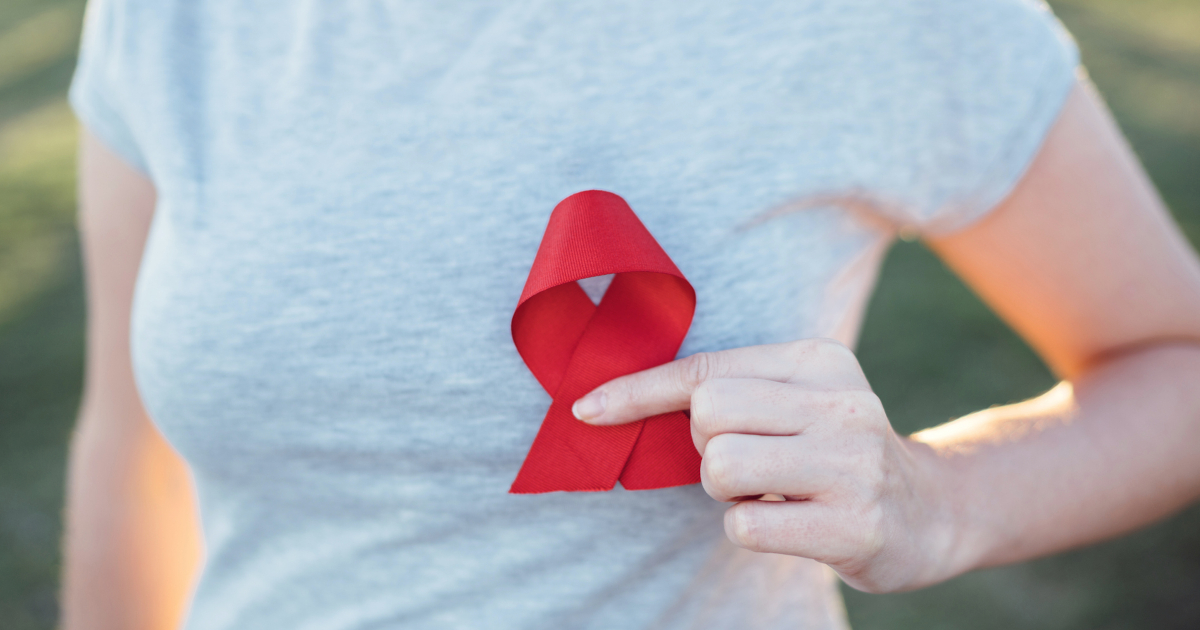Sub-Saharan Africa is the world’s region affected most severely by HIV and AIDS. Back in 2005, there were 24.5 million people in the region living with the virus. Of these individuals, 59 per cent are women and they also represent three quarters of all women who are HIV-positive.
UNAIDS has long been putting effort into the more effective HIV prevention among this vulnerable segment of the population.
New publications suggest that researchers may be coming closer to an effective preventative solution that could put an end to the AIDS pandemic in Sub-Saharan Africa.
A Long-Acting HIV Prevention Method for Women Could Soon Be Here
The dapivirine vaginal ring (DPV-VR) has recently gotten a positive review from the European Medicine Agency (EMA). It is a monthly medical device that serves two purposes – it acts as a contraceptive and it also has anti-viral properties to reduce the likelihood of an HIV infection.
According to UNAIDS, the development of the dapivirine ring is very important and should be accelerated due to the fact that 4,500 adolescent girl and young women become HIV-positive in Sub-Saharan African countries every week.
Researchers already concluded two phase III clinical trials on the effectiveness and safety of the ring. The study involved 4,600 women aged 18 to 45.
The study findings suggest that the use of the ring reduces the overall risk of contracting an infection by 35 per cent. A newer clinical trial paints an even more optimistic picture, suggesting that the correct use of the dapivirine ring brings down overall risk by 50 per cent.
It’s still too early for the ring to become mass produced and distributed in Sub-Saharan Africa. Regulatory approval will have to be sought first in each of the countries where the ring is to become available. If African regulators give their approval, the ring could become readily available for all women over the age of 18. It will enable more reliable contraception and protection against common sexually transmitted viruses that women can utilise on their own terms.
DPV-VR: Putting Women in Charge
The dapivirine vaginal ring is developed as a female-initiated option that is worn internally for a period of 28 days before a replacement is required.
DPV-VR is currently recommended as an HIV infection protective measure (in combination with safe sex practices) whenever HIV pre-exposure prophylaxis (PrEP) is not available or cannot be administered. Needless to say, the ring is much less effective than PrEP or HIV post-exposure prophylaxis (HIV PEP). Still, it gives women from vulnerable segments of the population a chance to actively reduce their risk of exposure.
When inside the body, the ring continuously releases an antiretroviral medication called dapivirine.
The ring is made of soft and flexible silicone. Hence, it is very easy to bend, insert and remove. The quality of the material also makes the product safe for internal use for prolonged periods of time.
In addition, the product is virtually undetectable when inserted correctly. This specific characteristic can empower many young women to proactively seek contraception and protection against common STDs. They do not have to disclose information to anyone about using the product. Hence, protection is put in the hands of an often underprivileged woman who no longer has to seek consent from anyone in order to utilise contraceptives and STD prophylaxis measures.
Right now, the DPV-VR ring is only meant as a complementary prevention approach. It cannot replace barrier contraception, HIV PEP or PrEP.
Additional Considerations Before Widespread Adoption
The Committee for Medicinal Products for Human Use (CHMP) has indicated that it needs further data on the safety and the efficacy of the dapivirine ring before approving it for use among women. Particularly, CHMP is requiring data on the way the ring works for women in a younger population segment aged 18 to 25.
It’s also essential to assess the safety and the effectiveness of the ring among pregnant and breastfeeding women.
Two studies are planned to take place in Sub-Saharan Africa pending ethics and in-country approvals for their execution. One of the studies will examine the combined use of the dapivirine ring and Truvada as daily PrEP among pregnant women.
The second study will examine the safety of the dapivirine ring in combination with a daily dose of Truvada among women who are breastfeeding. Both of these studies had to take place in 2020 but due to the Covid-19 pandemic outbreak, they had to be pushed back.
The developer of the ring is also developing and planning research on a three-month version of the product.
Until then, HIV PEP, PrEP, regular HIV testing and safe sexual practices are going to be vital for the prevention of new infections. Luckily, such options are readily available in most parts of the world.
In Singapore, you can access testing and prophylaxis measures in reputable medical establishments like Shim Clinic. Contact us today if you want to find out more or pay us a visit during our working hours every day of the week.
References:
- UNAIDS. (n.d.). Sub-Saharan Africa Fact Sheet. World Health Organization Official Website. Retrieved August 28, 2020, from https://www.who.int/hiv/mediacentre/200605-FS_SubSaharanAfrica_en.pdf?ua=1
- Barton-Knott, S. (n.d.). UNAIDS is hopeful that a new long-acting HIV prevention option will soon become available for women in sub-Saharan Africa. UNAIDS. Retrieved August 28, 2020, from https://www.unaids.org/en/resources/presscentre/pressreleaseandstatementarchive/2020/july/20200728_dapivirine
- Rosenberg, Z. (n.d.). Pooled efficacy analysis of two phase III trials of dapivirine vaginal ring (DVR) for the reduction of HIV-1 infection risk in HIV uninfected women in sub-Saharan Africa. IAS2017.Org. Retrieved August 28, 2020, from http://programme.ias2017.org/Abstract/Abstract/5704

